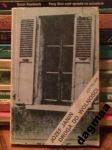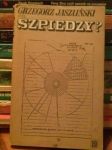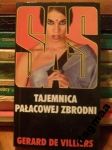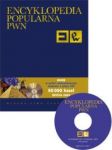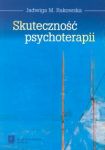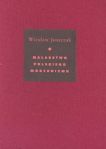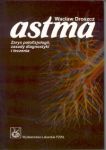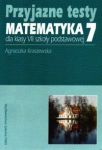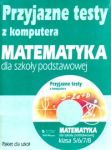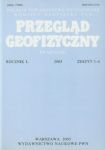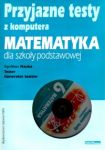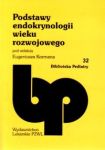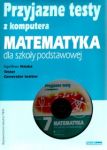For many, Johann Sebastian Bach is 'the' composer of the Baroque period, a master of harmony, counterpoint and genre. During his lifetime he was particularly renowned as a virtuoso organist, and his compositions for the instrument have formed the core repertory of any aspiring organist ever since.
The content of the Orgelbüchlein -- a selection of chorale preludes composed while Bach held the post of Ducal Organist at Weimar -- includes several pieces that are considered to be among Sebastian's finest works. There is evidence that they were written for 'teaching the various ways of treating a chorale, and the use of the pedal', but they also have a definite spirituality -- the dedication reads: 'To God Almighty in praise, to everyman for instruction'. The compositions divide into groups intended for use throughout the liturgical year, from Advent to Pentecost.
Italian organist and harpsichordist Francesco Cera is a renowned interpreter of 17th-century keyboard music. He has performed on historical organs throughout Europe, and has recorded four of J.S. Bach's concertos for harpsichord as well as Domenico Scarlatti's keyboard sonatas, which he has also performed at the Flanders Festival. He is joined on the recording by the Coro della Radiotelevisione Svizzera, directed by Diego Fasolis.
Other information:
- New recording, recorded September 2011, Chiesa Parrocchiale, Giubiasco, Switzerland (organ & solo soprano); November 2012, Auditorium Stelio Molo, Lugano, Switzerland (choir).
- An original concept: the Orgelbüchlein BWV 599-644 performed alternating the organ chorale with the same choral sung by a choir.
- Bach wrote the chorales in the Orgelbüchlein as educational material, to teach how to treat a chorale in polyphonic writing, but as in most of his works, the didactic element is far surpassed by the spiritual content of these miniature masterworks. The alternation of the organ and sung chorale provides a fascinating insight into Bach different treatment of the same melody.
- Excellent performances by one of Italy's most famous harpsichordists, Francesco Cera, and the Coro della Radiotelevisione Svizzera conducted by early music specialist Diego Fasolis.
-Contains a résumé of the collection, detailed notes on each of the pieces, artist biographies and information about the organ.
- Instrument: Mascioni organ (2009) of the Church of S. Maria Assunta, Giubasco, Switzerland.
Ciężar
3.333
Autorzy
Francesco Cera, Coro della Radiotelevisione Svizzeria, Diego Fasolis
Format
14.0x12.0cm
Oprawa
Plastikowa
Rok wydania
2011
Dla tego produktu nie napisano jeszcze recenzji!
Napisz recenzjęWłaściciel sklepu internetowego nie gwarantuje, że publikowane opinie pochodzą od konsumentów, którzy używali danego produktu lub go kupili.


